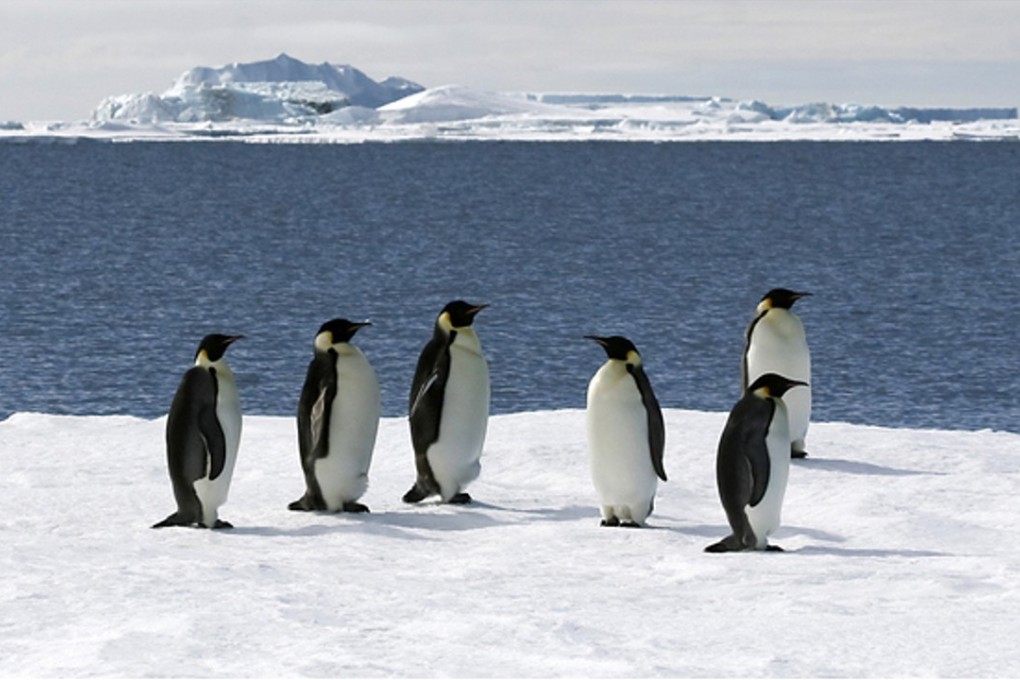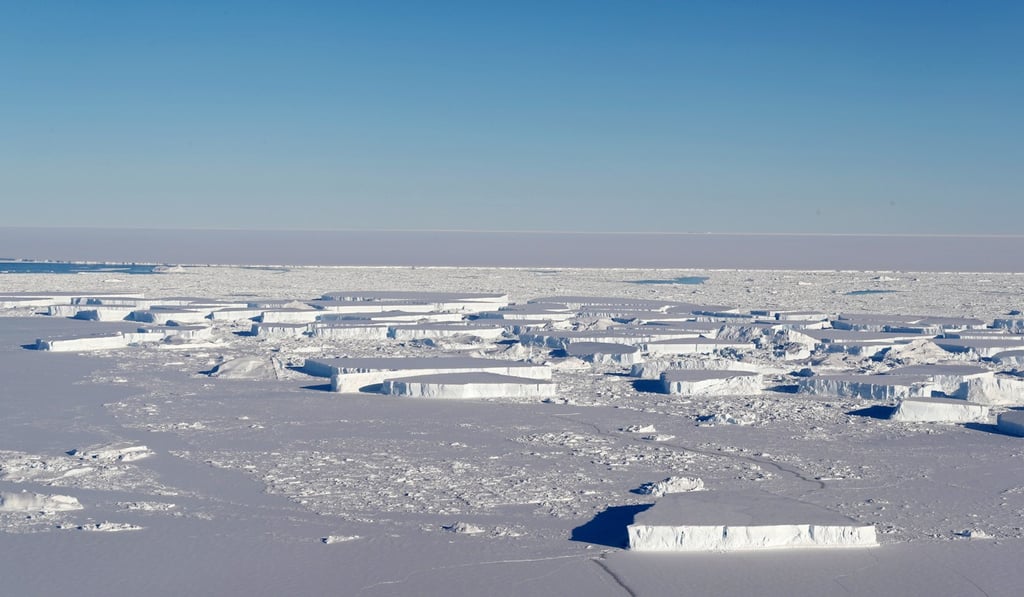Antarctica’s ecological future in doubt as China, Russia and Norway pour cold water on plans for landmark reserve
- The three nations helped block the proposal for a 1.8 million sq km (695,000 square mile) reserve
- The reserve was supported by 22 other members of the body set up to protect Antarctic waters

A plan to turn a huge tract of pristine Antarctic Ocean into the world’s biggest sanctuary has been rejected, throwing the future of one of the Earth’s most important ecosystems into doubt.
Environmental groups said Russia, China and Norway had played a part in blocking the proposal, with the other 22 members of the Commission for the Conservation of Antarctic Marine Living Resources, the organisation set up to protect Antarctic waters, backing the proposal.

The 1.8 million sq km 695,000 square mile) reserve – five times the size of Germany – would have banned all fishing in a vast area of the Weddell Sea and parts of the Antarctic peninsula, safeguarding species including penguins, killer whales, leopard seals and blue whales.
Experts said it would also have played a key role in tackling climate change, as the seas around the Antarctic soak up huge amounts of carbon dioxide from the atmosphere. But following days of talks in Hobart in Tasmania, the CCAMLR rejected the plan, which needed unanimous agreement to pass.
Environmental groups, who had mobilised 2 million people in support of the plan, reacted with dismay.